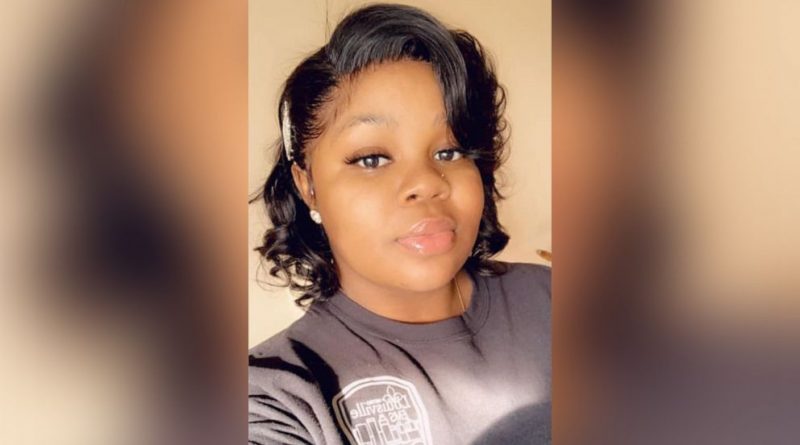Breonna Taylor grand jury members say they were not presented with homicide charges
Courtesy of Breonna Taylor’s FamilyBy KARMA ALLEN, ABC News
(LOUISVILLE, Ky.) — A Kentucky judge has ruled in favor of an anonymous grand juror in the Breonna Taylor case, allowing them to come forward and speak publicly about court proceedings.
In a court filing on Tuesday, Jefferson Circuit Court Judge Annie O’Connell ordered that grand jurors in the case “may disclose such information, subject to the trial court’s order regarding information to be redacted.”
In addition, she said: “any grand juror who chooses to disclose their identity to do so with extreme caution, for to do so may result in a level of public attention and scrutiny over which this Court will have no control.” The judge wrote that the order “merely grants one grand juror’s request to do so and gives others the option… any one grand juror’s memory, options, perceptions are their own. No one grand juror speaks for the others, nor does one’s statement carry any more weight than another’s.”
Taylor, 26, was shot and killed by Louisville police officers after they executed a “no-knock” warrant while investigating a suspected drug operation linked to her ex-boyfriend.
Taylor and her boyfriend, Kenneth Walker, were in bed sleeping on the night of March 13 when they heard a commotion outside; after a short exchange with police, Walker says he fired his gun in self-defense, saying he thought the home was being broken into, according to police. The plainclothes officers returned gunfire, firing several shots and fatally hitting Taylor, police said.
A grand jury was later convened and ultimately recommended charges against former Louisville Metro Police Department Officer Brett Hankison, who is now facing three counts of wanton endangerment. Hankinson has pleaded not guilty to the charges.
Neither Hankison nor the two other officers involved in the shooting were charged in connection with Taylor’s death — the charges against Hankison stem from the errant bullets that penetrated a wall of the residence and entered a neighboring apartment occupied by a child, a man and a pregnant woman,
Kevin Glogower, who is now representing two anonymous grand jurors in the case, had previously asked the judge to release discovery information and to allow jurors to speak publicly, despite long-standing practices against doing so.
He said he filed the motion over concerns about public trust and transparency, and accused the Kentucky Attorney General Daniel Cameron of using the jurors as a shield to deflect accountability. Cameron’s office denied those claims and said it was “confident” that it had presented a thorough case.
Glogower’s clients released a statement following Tuesday’s order, claiming that prosecutors only presented the three wanton endangerment charges against Hankison.
“Being one of the jurors on the Breonna Taylor case was a learning experience. The three weeks of service leading up to that presentation showed how the grand jury normally operates. The Breonna Taylor case was quite different. After hearing the Attorney General Daniel Cameron’s press conference, and with my duty as a grand juror being over, my duty as a citizen compelled action,” the statement said. “The grand jury did not have homicide offenses explained to them. The grand jury never heard anything about those laws. Self defense or justification was never explained either.”
They said “questions were asked about additional charges,” but the grand jury was told there would be none because the prosecutors didn’t feel they could make them stick.
“The grand jury didn’t agree that certain actions were justified, nor did it decide the indictment should be the only charges in the Breonna Taylor case,” the statement said. “The grand jury was not given the opportunity to deliberate on those charges and deliberated only on what was presented to them. I cannot speak for other jurors but I can help the truth be told.”
Glogower said his clients were “very pleased” with the decision, but said they planned to remain anonymous for the time being.
“The court’s ruling was very clear that at least for the time being, grand jurors, all 12 of them actually, are free to speak whether they want to do so anonymously or publicly, but no one is allowed to disclose identifying information without either leave of the court or written permission from those individuals,” he told reporters at a press conference Tuesday. “At this time there won’t be any direct interviews with either of our clients. This is still an open matter to some degree.”
The attorney general’s request to hold any potential orders until his office files an appeal was also denied on Tuesday.
ABC News’ Stephanie Wash, Rachel Katz and Josh Hoyos contributed to this report.
Copyright © 2020, ABC Audio. All rights reserved.

